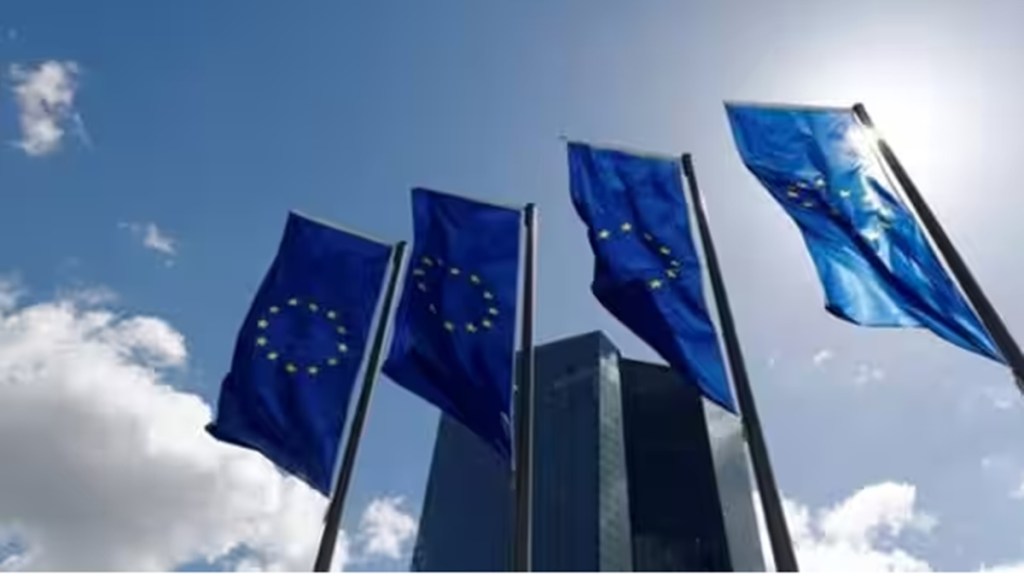Retaliation against the European Union on its string of laws like carbon tax would be counterproductive and end up raising costs for local manufacturers but the grouping’s five regulations on climate change and trade could in some ways result in increasing the attractiveness of India against its competitors, a senior official has said.
The carbon tax or Carbon Border Adjustment Mechanism that seeks to subject to additional tariffs goods with higher than permissible carbon emission at production stage, whether imported or produced within the EU, cannot be replicated by India because even for local markets the producers will have to make products confirming to EU standards.
The CBAM covers iron and steel, cement, aluminium, fertilisers, and electricity to start with. While the transition period for the new tax will start from October 1 of this year, actual collection will begin from January 2026.
The EU Deforestation Regulation, one of the five recent measures announced by the EU to meet its net zero carbon emission goal by 2050, could aid India’s agriculture exports, the official said.
Under this regulation exporters to the EU must ensure that farm products have not been grown on land which has been deforested after December 2020. The new rules will apply to large firms from December 2024 and small firms from June 2025.
The products covered under the regulations include cattle, buffalo, meat of bovine animal, oil cake, soya beans, palm oil, cocoa bean, chocolate, coffee, leather, paper, wood and its articles.
India can demonstrate to the EU that our forest cover has increased and forest land is not diverted for agriculture unlike in countries like Brazil which is one of the big exporters of these commodities and have some kind of an understanding with the 27-nation grouping, the official said.
In coffee we have technologies to demonstrate entire value chains to buyers.
“Standards are high there, there is no advantage of fighting on them so we have to conform to those standards. We can discuss bilaterally with the EU on relaxations in conditions on certification of carbon emissions and other procedural issues,” the official said.
The EU also wants to reduce its dependence on China and realignment is going on so we have to see how best we can participate in that, he said.
“One thing is clear that this is a new way of doing business and we have to adjust to it. You cannot just sit out and fight. Sitting outside will not help,” the official said.
“We have limited options to counter this (the moves by EU) mainly because of two reasons: one is these measures are on a Most Favoured Nation basis and their industry will also face issues in terms of price rise. Cost impact will be there on them also,” he added.
As these measures are non-discriminatory they would be difficult to challenge at World Trade Organisation also.


